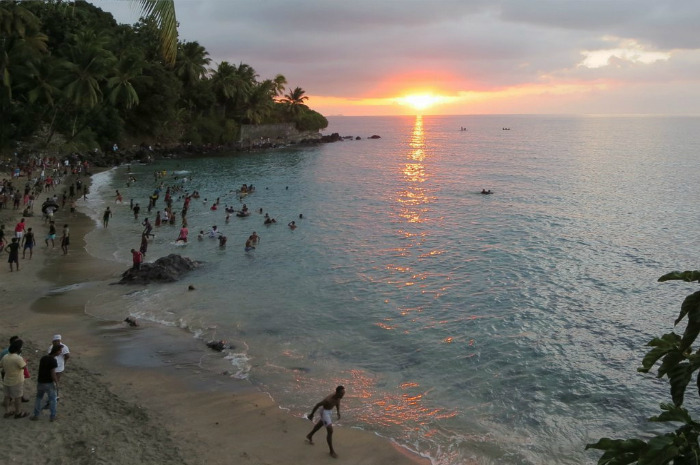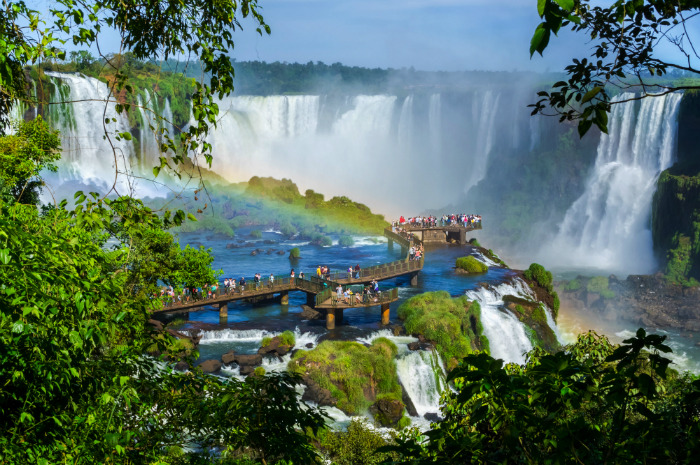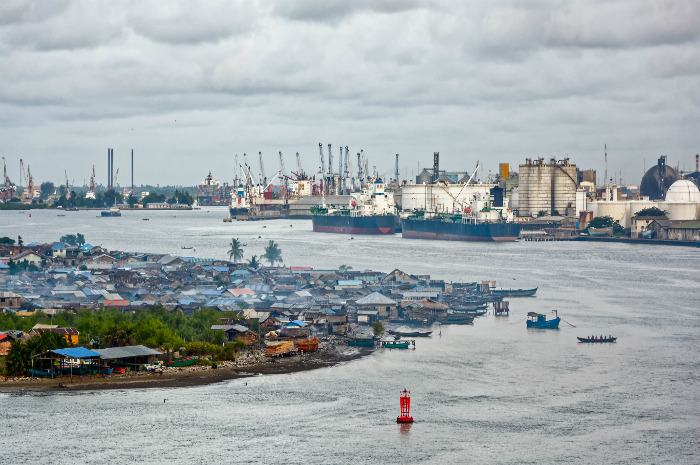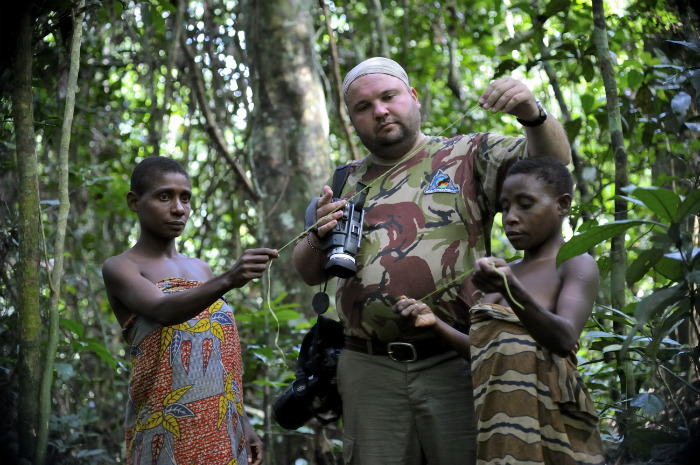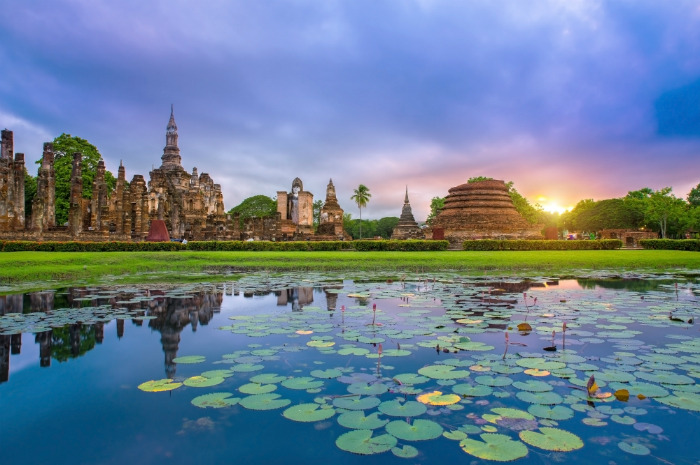Visiting These 15 Places Can Kill You
Izu Islands, Japan
The seven Izu Islands are a group of volcanic islands in the Fuji Volcanic Belt that stretches from north to south for 280 miles. A reek of sulfur cannot be avoided or ignored because of the area's volcanic nature. People who live there were actually evacuated in 2000 (and once in 1953) because the levels of gas were through the roof. They were allowed back in five years later. Residents of Miyakejima, one of Japan's Izu Islands, must wear masks all the time.
Australia
Visiting Australia is almost always followed by "but there are a lot of dangerous animals there." The country-continent has more venomous snakes than any other nation. Sharks and deadly spiders are not helping this surfing paradise's reputation either. A lot of saltwater crocodiles live there as well. They have the most powerful bite of any species. Another danger is the southern blue-lined octopus because of its highly toxic venom. A single bite leads to paralysis in a few minutes, followed by heart failure. Australia is also home to the world's most venomous snake, the inland taipan. Its bite, too, will kill you in a minute.
Ramree Island, Burma
Ramree Island is home to thousands of saltwater crocodiles, which are the largest reptilian predator in the world. They can weigh about 2,000 pounds. Even a small one can kill a big person. These crocodiles are not only deadly, they are aggressive. They are known to attack people who enter their natural habitat. In fact, the "Most Number of Fatalities in a Crocodile Attack" took place at Ramree Island, according to the Guinness Book of World Records. If that is not enough, poisonous scorpions are everywhere as well as mosquitos carrying malaria.
Brazil
Brazil is still one of the most popular countries in the word for tourists despite the many dangers it presents. Kidnappings – more than a thousand in 2012 alone – are a regular occurrence. Criminals have admitted that they go after people who are both well dressed and appear not to speak Portuguese. Sao Paulo is a popular destination, but just south of it you will find the Snake Island, officially Ilha de Queimada Grande. There are between one and five snakes per square meter (3 feet). The golden lanceheads are to blame for about 90 percent of all snakebite deaths in the country.
Yemen
The U.S. has issued a warning against traveling to Yemen because of high security threat level posed by the ongoing conflict and terrorist activities. Riots are almost an everyday occurrence, significantly increasing the likelihood of you being at the wrong place at the wrong time. The American embassy in the capital has been closed since February 2015. Freedom of expression is restricted and homosexuality is a capital offense.
Afghanistan and Iraq
Afghanistan is practically a warzone. Suicide attacks and bombings are common. Foreign correspondents have often said that they constantly fear they will get shot at any moment. Many avoid walking on anything but concrete because of hidden landmines. Iraq is not safer at all. The self-proclaimed Islamic State, which has control over certain territories, is terrorizing the rest of the country. Fighting, gunfire, bombings are common there as well.
Venezuela
Kidnappings in Venezuela take place even more often than in Brazil – 2,000 a year. There could be more but the government stopped keeping track almost a decade ago. Venezuela is known to be the most dangerous country in the region. Foreigners, especially businessmen, always have bodyguards. Venezuela is also a country with a high risk of yellow fever transmission. There are an estimated 200,000 cases of yellow fever, causing 30 000 deaths, worldwide each year. Special precautions are required for Hepatitis A as well.
Egypt
Egypt ranked lower than Pakistan and Yemen in 2012 in terms of security. The Arab Spring is over but the political unrest is ongoing. Kidnappings are no longer news, police stations are often attacked and sometimes whole villages are blocked. Soccer fans started a riot a few years ago at a game. Protests don't happen as often anymore because the government and police have cracked down on unruly citizens. Malaria is no longer a problem but the bird flu is. The CDC recommends that travelers protect themselves by avoiding contact with wild birds, live or uncooked poultry, and body fluids from birds and poultry.
San Pedro Sula, Honduras
San Pedro Sula is the most violence city on Earth with 169 murders per 100,000 people, according to a Mexican study. This is more than three per day. Killings in the country as a whole have spiked as well. Instances where people just don't say a word and start shooting at police, who are everywhere patrolling the streets, have been reported. In 2012, on average of 20 people a day were killed every day in Honduras, according to the Violence Observatory at the National Autonomous University.
French Guiana
The country requires all visitors to be vaccinated against yellow fever because of the high risk of fever transmission. The viral infection can be more dangerous than the influenza. Up to 50 percent of severely affected persons without treatment will die from yellow fever, according to the World Health Organization. The scary part is that the number of cases has increased over the past two decades due to declining population immunity to infections.
Comoros
Few people visit Comoros because the islands are said to be infected with malaria carrying mosquitos. Hotels even have bed nets. A lot of people there wear masks. All water should be regarded as being potentially contaminated, according to the World Travel Giude. Water used for drinking, brushing teeth or making ice should have first been boiled or otherwise sterilized. Milk is unpasteurized and should be boiled. Hepatitis E is widespread; Hepatitis B is hyper-endemic.
Paraguay
Paraguay falls under the same category as French Guiana when it comes to yellow fever. On top of that, the country has a bad reputation for its safety. An ongoing drug war has been a concern for a lot of foreign journalists. Plus, dengue fever, a viral disease transmitted by mosquitoes, is endemic year-round. Withdrawing large sums of money from banks is not advised because of the high rate of stabbings, muggings and use of guns in the country.
Nigeria
Serious crimes are rampant in Nigeria. The Department of State recommends that U.S. citizens avoid all travel to Adamawa, Borno, and Yobe because the security situation in northeast Nigeria remains fluid and unpredictable. Boko Haram, a terrorist group, has increased its violent attacks. Human trafficking and rape are common. After getting rid of Ebola, a new, deadly outbreak of Lassa fever, an acute haemorrhagic disease, is the country's latest health challenge.
Central African Republic
The biggest problem in Central African Republic is the health care system. You don't want to get sick there because it is almost non-existent. Emergency or dental services are basically a luxury. Quality prescription drugs are usually not available. There is a high risk of food or water-borne infections. Serious infectious diseases such as dengue, malaria, typhoid and cholera are common. Violence is also a huge problem. Religious factions are practically engaged in ethnic cleansing.
Thailand
South Pacific, especially Thailand, is very well-known for its pesky mosquitoes that carry the dengue virus. Severe dengue is a leading cause of serious illness and death among children in some Asian and Latin American countries. There is no cure.

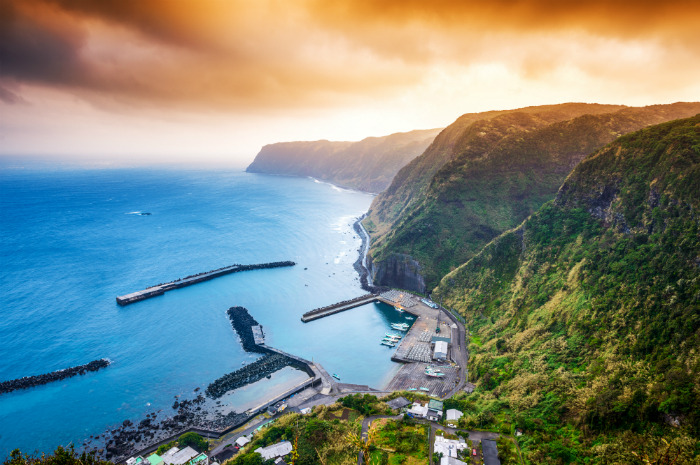
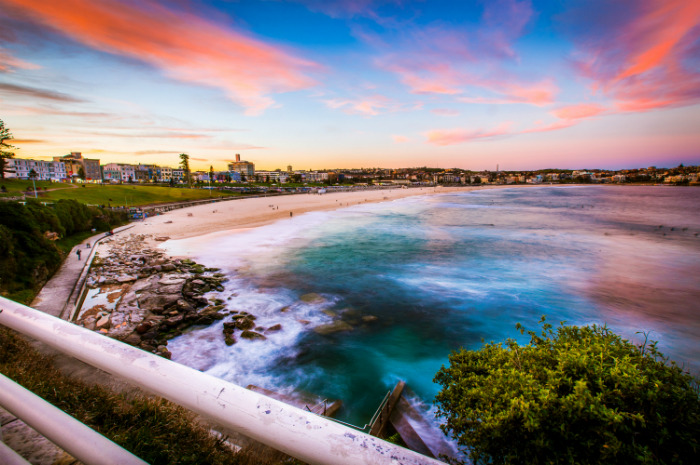
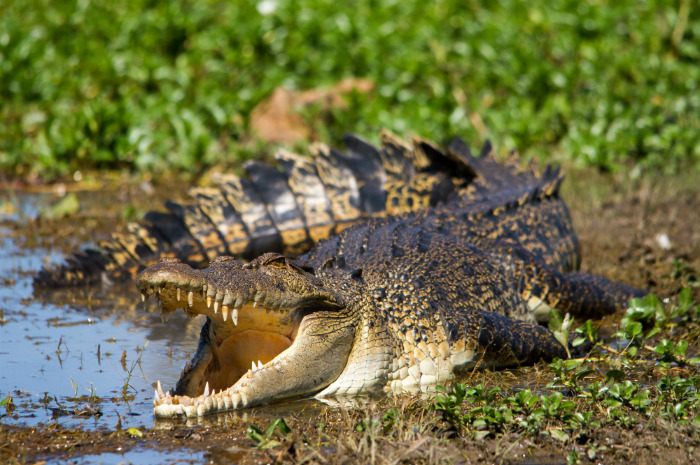
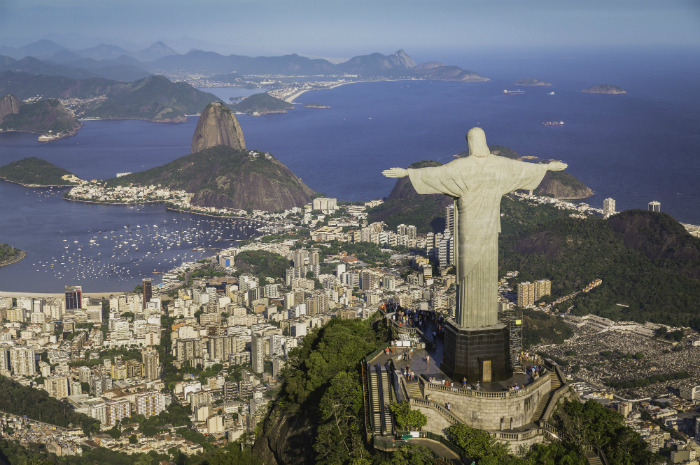
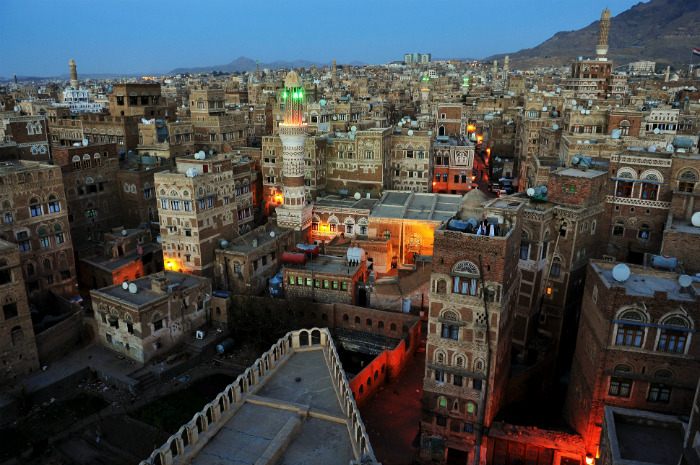
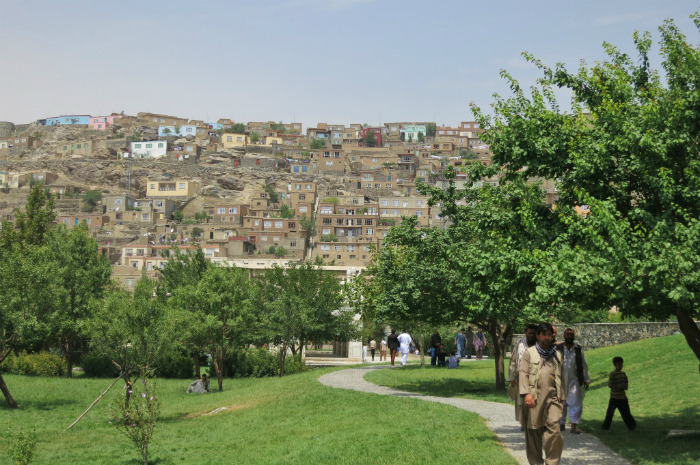
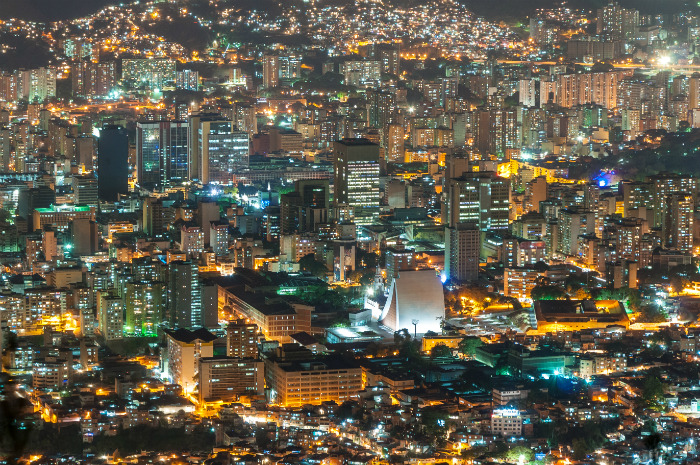
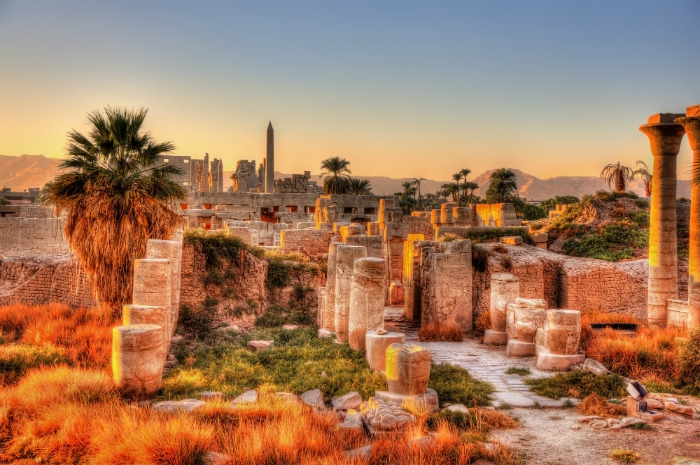
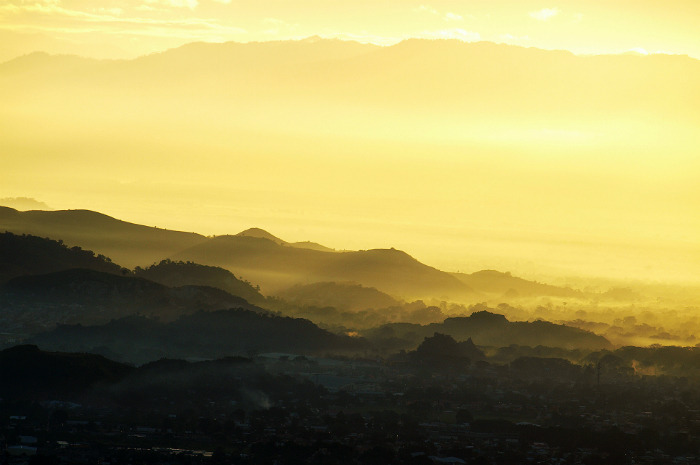
.jpg)
